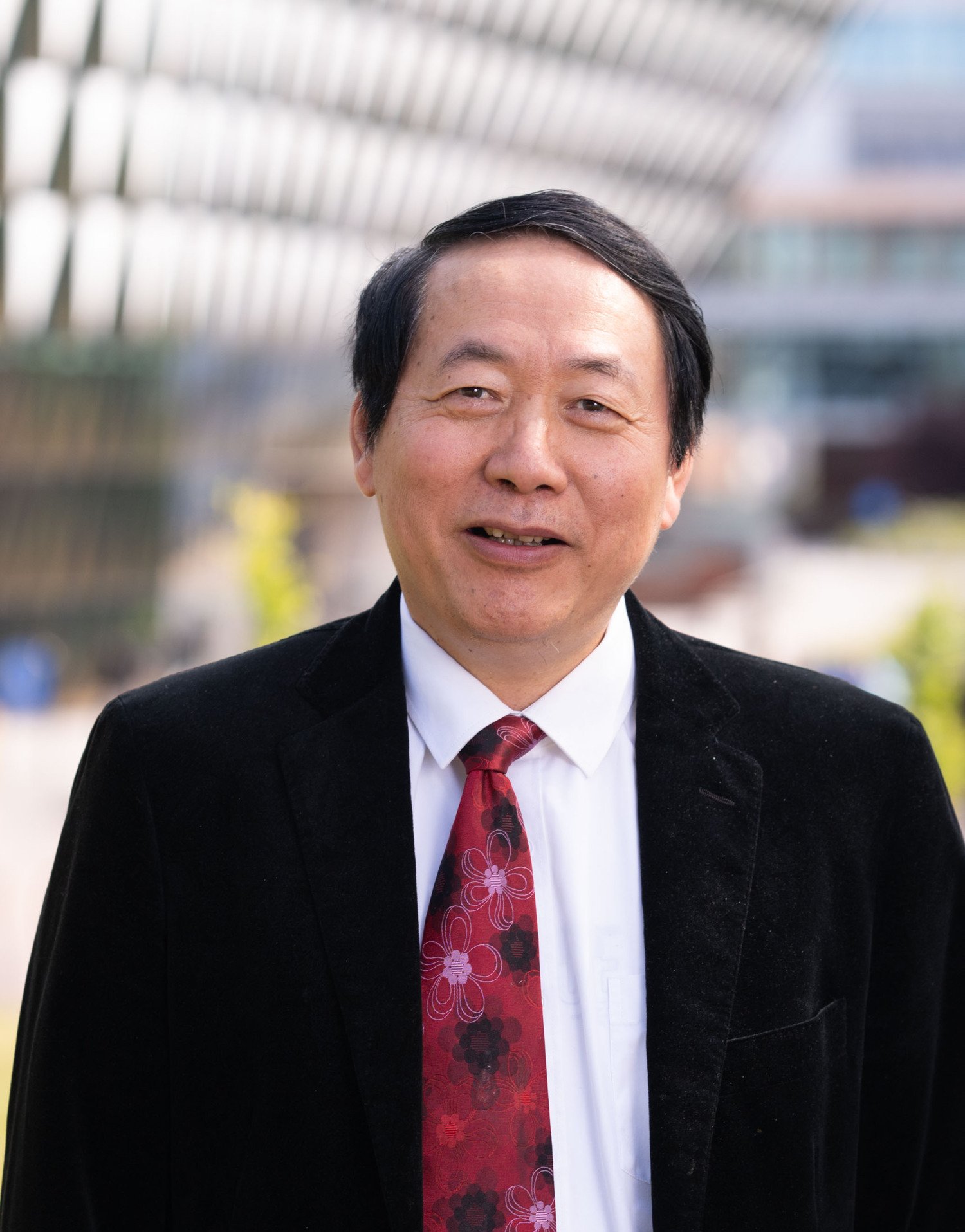Image:

Caption:
Maoli Duan. Photo: Ulf Sirborn“This is a huge step forward in the genetic treatment of deafness, one that can be life-changing for children and adults,” says Maoli Duan, consultant and docent at the Department of Clinical Science, Intervention and Technology, Karolinska Institutet, Sweden, and one of the study’s corresponding authors.
The study comprised ten patients between the ages of 1 and 24 at five hospitals in China, all of whom had a genetic form of deafness or severe hearing impairment caused by mutations in a gene called OTOF. These mutations cause a deficiency of the protein otoferlin, which plays a critical part in transmitting auditory signals from the ear to the brain.
Effect within a month
The gene therapy involved using a synthetic adeno-associated virus (AAV) to deliver a functional version of the OTOF gene to the inner ear via a single injection through a membrane at the base of the cochlea called the round window.
The effect of the gene therapy was rapid and the majority of the patients recovered some hearing after just one month. A six-month follow-up showed considerable hearing improvement in all participants, the average volume of perceptible sound improving from 106 decibels to 52.
The younger patients, especially those between the ages of five and eight, responded best to the treatment. One of the participants, a seven-year-old girl, quickly recovered almost all her hearing and was able to hold daily conversations with her mother four months afterwards. However, the therapy also proved effective in adults.
“Smaller studies in China have previously shown positive results in children, but this is the first time that the method has been tested in teenagers and adults, too,” says Dr Duan. “Hearing was greatly improved in many of the participants, which can have a profound effect on their life quality. We will now be following these patients to see how lasting the effect is.”
No serious adverse reactions
The results also show that the treatment was safe and well-tolerated. The most common adverse reaction was a reduction in the number of neutrophils, a type of white blood cell. No serious adverse reactions were reported in the follow-up period of 6 to 12 months.
“OTOF is just the beginning,” says Dr Duan. “We and other researchers are expanding our work to other, more common genes that cause deafness, such as GJB2 and TMC1. These are more complicated to treat, but animal studies have so far returned promising results. We are confident that patients with different kinds of genetic deafness will one day be able to receive treatment.”
The study was conducted in collaboration with a number of institutions, including Zhongda Hospital, Southeast University, China, and was financed by several Chinese research programmes and Otovia Therapeutics Inc., the company that has developed the gene therapy and that employs many of the researchers involved in the study. See the published paper for a full list of conflicts of interest.
Publication
”AAV gene therapy for autosomal recessive deafness 9: a single-arm trial”, Jieyu Qi, Liyan Zhang, Ling Lu, Fangzhi Tan, Cheng Cheng, Yicheng Lu, WenXiu Dong, Yinyi Zhou, Xiaolong Fu, Lulu Jiang, Chang Tan, Shanzhong Zhang, Sijie Sun, Huaien Song, Maoli Duan, Dingjun Zha, Yu Sun, Xia Gao, Lei Xu, Fan-Gang Zeng, Renjie Chai, Nature Medicine, online 2 July 2025, doi: 10.1038/s41591-025-03773-w.
